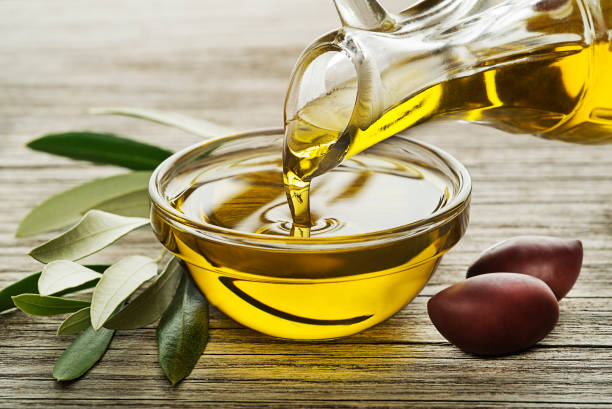
The Benefits of Cooking with Olive Oil vs. Vegetable Oil
Share
Cooking oils play a crucial role in the kitchen, influencing the flavor, texture, and nutritional profile of meals. Among the many options available, olive oil and vegetable oil are two of the most commonly used. While both serve as versatile cooking fats, they differ in their health benefits, culinary applications, and overall impact on well-being. Understanding these differences can help you make an informed decision about which oil best suits your cooking needs.
Nutritional Differences
Olive oil, particularly extra virgin olive oil, is rich in monounsaturated fats, which are known for their heart-healthy properties. It also contains antioxidants, such as polyphenols, that help reduce inflammation and support overall health. On the other hand, vegetable oil is often a blend of different oils (soybean, corn, canola, etc.) and typically contains more polyunsaturated fats. While these fats are essential, they can become unstable at high temperatures, potentially leading to the formation of harmful compounds.
Cooking Performance and Smoke Point
When it comes to cooking, the smoke point of an oil is an important consideration. Extra virgin olive oil has a lower smoke point (around 375°F or 190°C), making it ideal for low to medium-heat cooking, such as sautéing and drizzling over salads. Regular or light olive oil, however, has a higher smoke point, making it suitable for higher-heat cooking. Vegetable oil, in contrast, generally has a higher smoke point (400°F or 204°C or more), making it a common choice for frying and deep-frying. However, the refining process used in many vegetable oils may strip away beneficial nutrients.
Flavor and Culinary Uses
Olive oil, especially extra virgin olive oil, has a distinct, rich flavor with fruity and peppery notes, enhancing the taste of dishes like roasted vegetables, pasta, and dressings. In contrast, vegetable oil has a neutral taste, making it a better choice for baking or recipes where you don’t want the oil’s flavor to influence the dish. The choice between the two ultimately depends on whether you want the oil to add flavor or simply act as a cooking medium.
Health Benefits and Risks
Numerous studies suggest that olive oil, especially as part of a Mediterranean diet, is associated with improved heart health, reduced inflammation, and better brain function. The antioxidants and healthy fats in olive oil contribute to these benefits. Vegetable oils, particularly those high in omega-6 fatty acids, can promote inflammation if consumed excessively, especially when used in processed foods. Choosing minimally processed oils and maintaining a balanced intake of omega-3 and omega-6 fats is crucial for overall health.
Both olive oil and vegetable oil have their place in the kitchen, but olive oil stands out as the healthier option due to its beneficial fats, antioxidants, and anti-inflammatory properties. While vegetable oil may be preferred for high-heat cooking and neutral flavor applications, it’s essential to choose high-quality, less refined options. By understanding the differences, you can make better choices for your cooking and overall health.
Get more knowledge about eating healthy, please refer to The Mediterranean Diet for Beginners.
